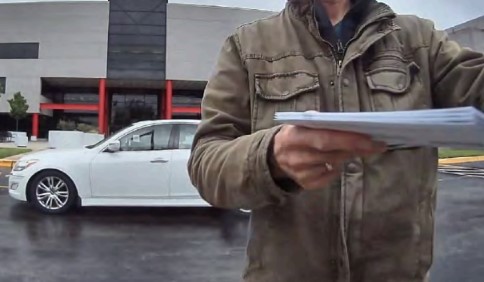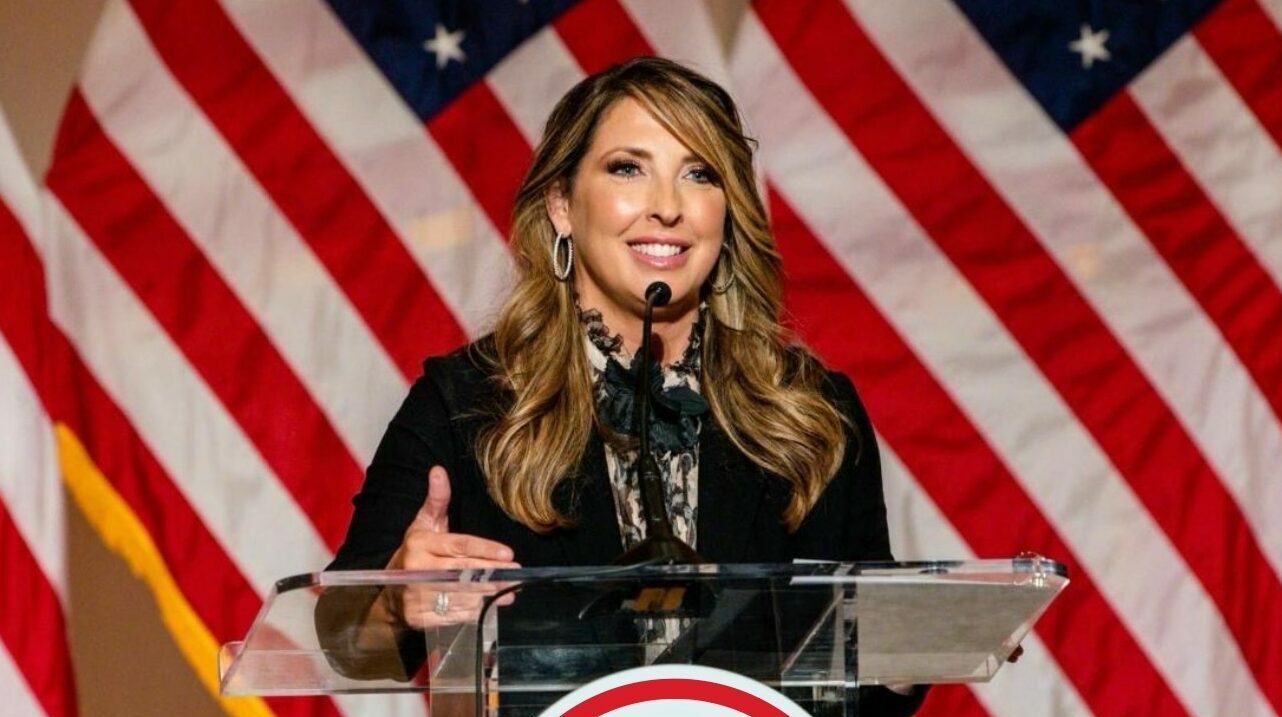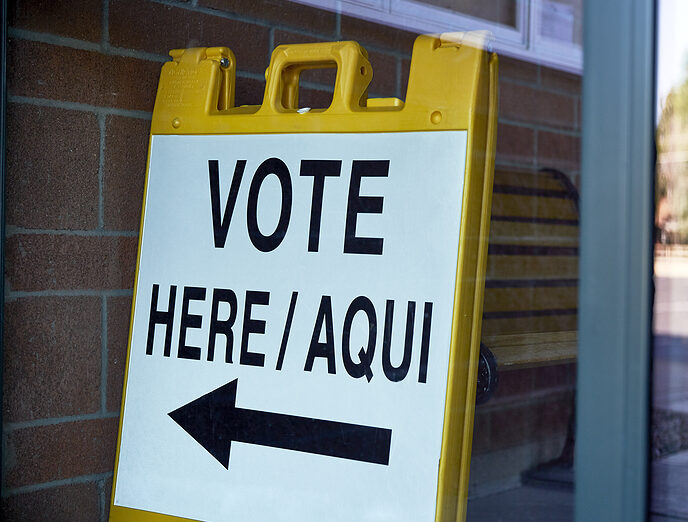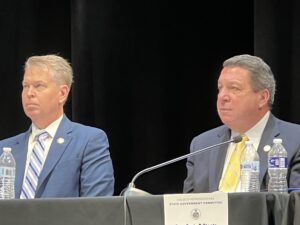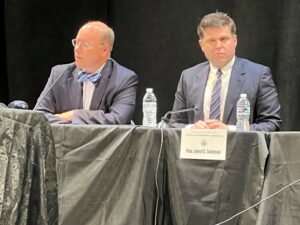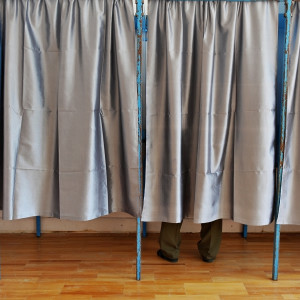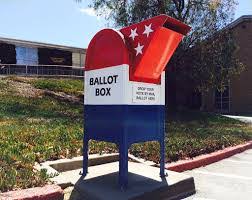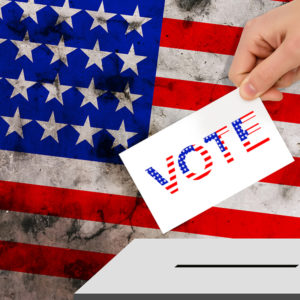McGARRIGLE: Why Voters Should Vote For Republicans

EDITOR’S NOTE: For another view, see “Valyo: Vote for Democrats to Preserve Democracy.”
This November, voters in Delaware County, and all across Pennsylvania and the United States of America, should choose the Republican candidates when they cast their vote in this year’s General Election. The Republican candidates are the only ones who have been consistently focused on the issues that are impacting our day-to-day lives; inflation, energy cost, crime, education, and restarting our economy. Additionally, many of these issues we are facing can be directly tied back to Democrat-championed policies and initiatives.
For example, the steadily-rising crime and murder rates we are seeing in Philadelphia are a direct result of Democratic officials, like District Attorney Larry Krasner, choosing to embrace criminals and turn their back on crime victims. We also saw many Democrats who hold local, state, or federal offices calling for policing to be “reimagined” and for the police to be defunded.
As a result of that, criminals now feel emboldened and empowered because they know there will be little-to-no consequences if caught. We have also begun to see the crime begin to spill over into Delaware County from the city of Philadelphia, something that Republicans have warned about for years.
If you’ve been to the grocery store lately, you’ve probably noticed you are paying more for fewer items. Inflation is hitting everyone’s wallets, and without electing fiscally-responsible Republican candidates inflation will only continue to grow worse. The Democrat’s belief that “if we spend more money, inflation will go away,” has been proven wrong time and again. Once again, inflation has not gone away, and without a change in how we address the problem, it will only continue to get worse.
The increased cost of gasoline and other energy sources can be directly tied to the Democrats’ unwavering war on energy. Democrats believe that this is a zero-sum game: you can either have a clean and healthy environment, or you can have a society that depends on fossil fuels. Republicans on the other hand understand that we can use fossil fuels while also protecting our environment, with the use of sensible regulations and incentives for using alternative energy, not burdensome regulations and fees for using fossil fuels.
Republicans are also committed to ensuring that every child gets a quality education, and most importantly, that they have the choice to attend a school that best suits them. Education is not a “one size fits all” issue, which was made even clearer by the COVID-19 pandemic. Our children are still feeling the negative educational, developmental, and social impacts of the lockdowns, and numerous studies have been released detailing the true impact of these closures.
The issues at stake in this year’s election are too important for voters to stay home. If you are tired of paying high prices for gas and food, feeling unsafe in your community, and being concerned about whether your child is getting a quality education, then I implore you to find out about the Republican candidates in your area and to get out and vote for them.
Please follow DVJournal on social media: Twitter@DVJournal or Facebook.com/DelawareValleyJournal

